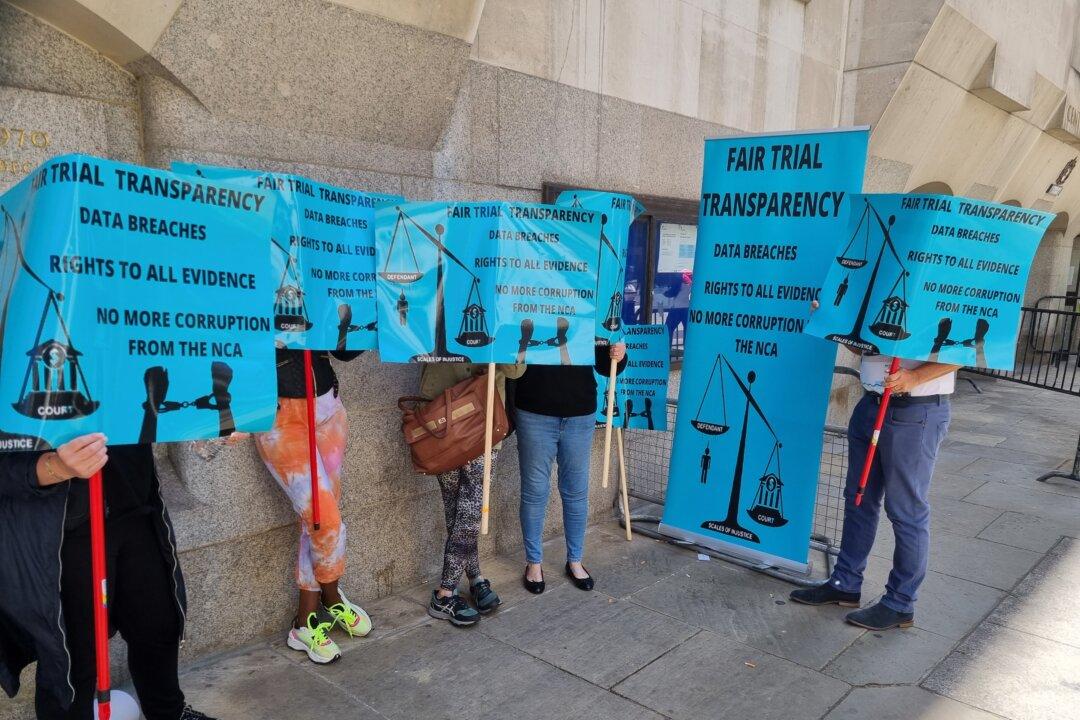A lawyer at an appeal against the National Crime Agency’s (NCA’s) use of data from French police’s hack of the EncroChat encrypted phone network has accused the NCA of having a “closed mind” when it applied for a warrant in March 2020.
The Investigatory Powers Tribunal (IPT) is hearing a three-day appeal against the granting of a Targeted Equipment Interference (TEI) warrant, which the NCA obtained on March 25, 2020, in order to access up to 9,000 EncroChat devices in the UK and investigate the owners of those devices.





